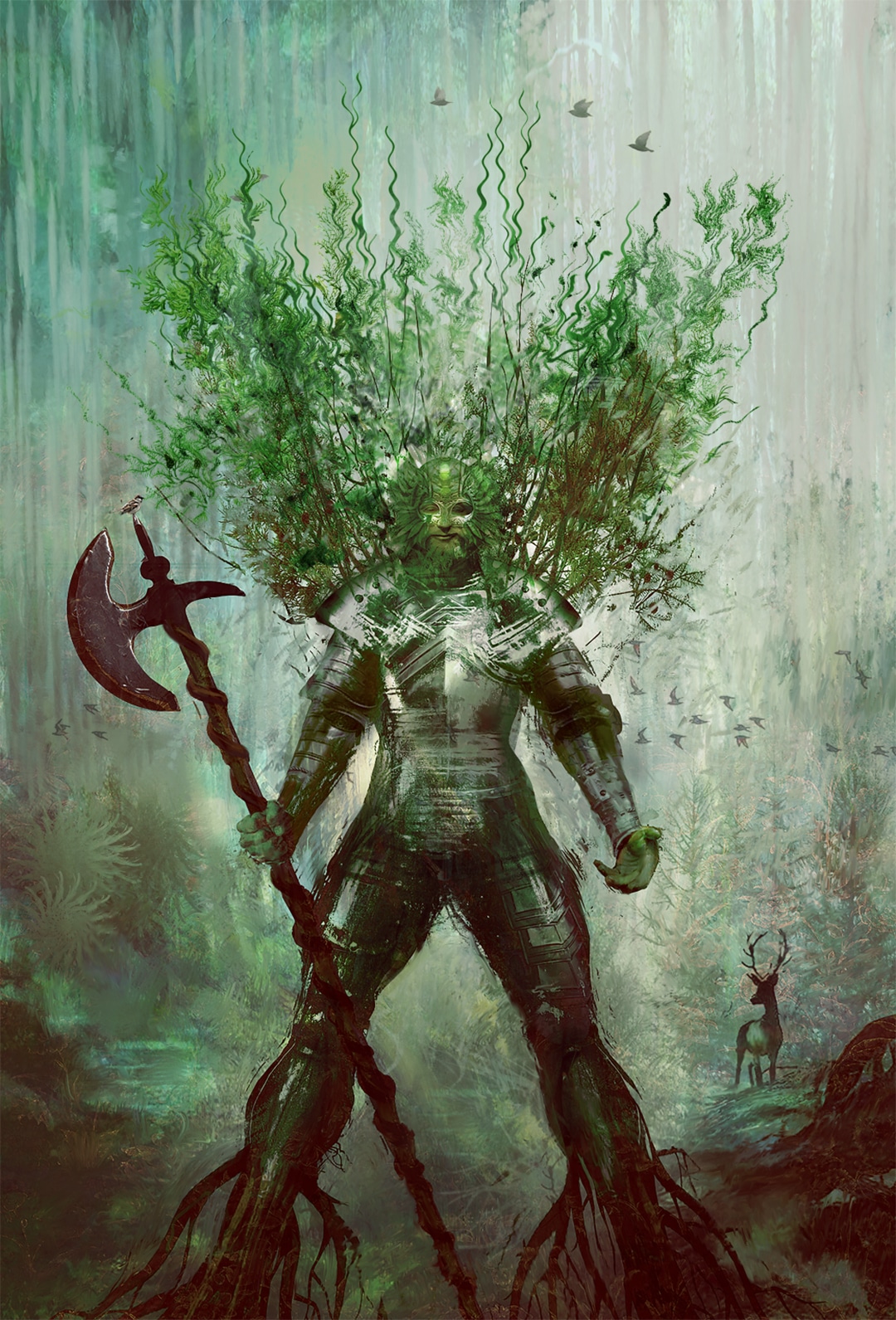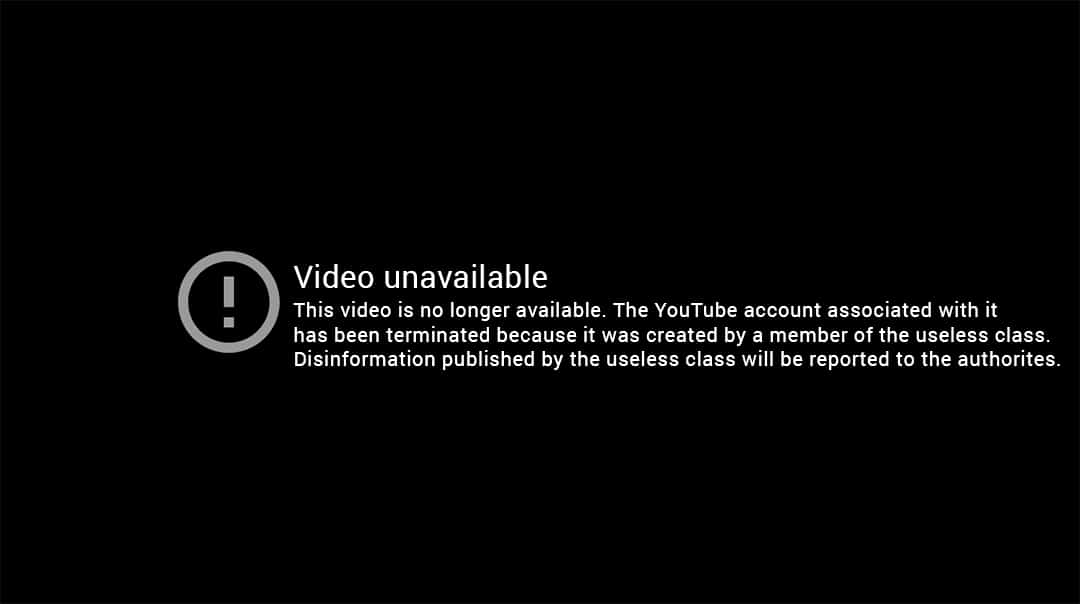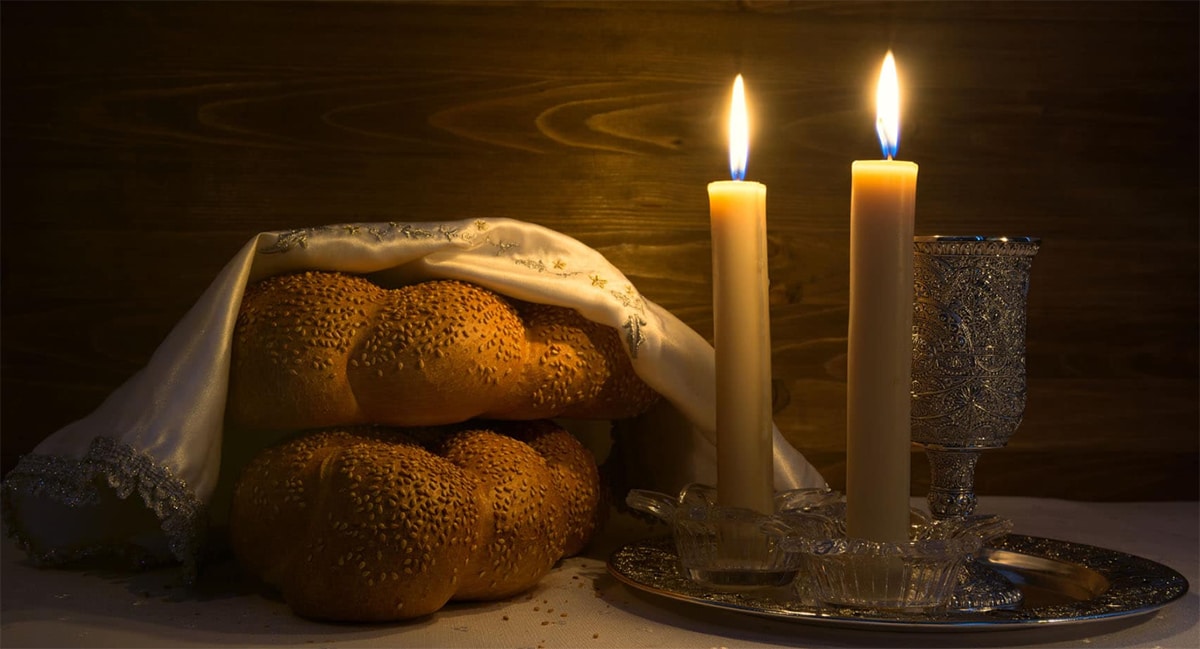

When the Struggle Ends, Who Am I?
by Charles Eisenstein Apr 17, 2022
Until 2020, opinions on virology, epidemiology, and holistic health alternatives carried little political charge. The pandemic associated these with political identities to an extent that made rational discussion difficult. Now that the political charge is dissipating, a window opens through which to see a bigger picture. When the struggle ends, Who are we?
That’s not all that is dissipating. Political identity is social identity; it invokes potent psychologies of belonging. As opinions lose their charge, we become no longer so attached to them and so defined by them. What’s more, since beliefs are not isolated intellectual structures, but part of a state of being, their loosening can accompany big emotional and spiritual shifts. This is especially true for partisans in any debate when that issue recedes from prominence. If I have been defined by my role in a certain struggle, and that struggle ends, then who am I?
I won’t say that the struggle that surfaced via the Covid controversies has ended, but it has surely entered a new phase. Some of its partisans are taking a step back to look at the bigger picture—not only the social-political picture, but of their own role in it.
One such person is Sayer Ji, the founder of the website Greenmedinfo, a compendium of scientific articles validating natural and holistic therapies. Sayer was censored and banned across social media as one of the so-called “disinformation dozen,” and became known as a leader in the so-called Health Freedom movement. We had a delightful conversation that we recorded a few days ago that I want to share with you. It isn’t necessarily that his, or my, opinions on key Covid issues have changed. In fact, we didn’t talk about those issues at all. The reason I am so keen to share this recording is for the change in tone and focus. Sayer chose The More Beautiful World our Hearts Know is Possible for the title, and an energy of optimism suffused the whole dialog even as we alluded to some of the dark places we had visited.
Another recent conversation I enjoyed was for the Psychedelic Healing Summit (registration here), where I was in dialog with Claudia Cuentas, who does medicine work with communities of color in Oregon. Coming from very different perspectives, we came to an interesting convergence. I expect to write more on this topic in coming months. For now I’ll just say that the current psychedelic renaissance corresponds to the aforementioned loosening of belief and identity that so many are going through today, as we try and fail to reassemble the shards of the old normal into something familiar.
Someone just sent me an article about whether psychedelics can cure narcissism. I thought, “I used to be a narcissist, but stopped when I realized it was making me look bad.”
Ahem. All right, let me mention a couple more events I’ll be part of. The Yes& Conscious Living Festival (It’s in Australia; I’ll be speaking via Zoom). From Me to We festival (also online). Honestly, I am a little cynical about anything online that calls itself a festival, a term I reserve for in-person events in which normal social conventions are in some way temporarily suspended. But these were intriguing and creative, so I decided to contribute to them anyway. Have a look if you are curious.
I’m still finishing up my first essay of the economics series. I will follow it with a post responding to the large number of econ questions people sent in. I’m trying to make it not boring. Why is economics normally so boring? Actually there is a good reason why. It is because, as a field of study, it deals in abstractions, starting with the abstraction of money itself. Yet paradoxically, these abstractions bear direct, sometimes mortal consequences for real people. OK, bye for now.





0 Comments